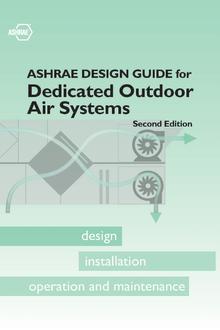Unvented heating appliances have become common in the United States. These appliances release all combustion products into the space in which they are located. The intended use according to manufacturers of these appliances is as supplemental heating devices. One common control strategy for this usage pattern is to use a thermostat to cycle the fireplace on and off. This means that the combustion product emissions will be intermittent in what will frequently be an approximately uniform pattern. To investigate the impact of various parameters on indoor pollutant concentrations resulting from this type of unvented fireplace use, it is useful to have a model that accounts for this type of cycling behavior. This paper presents the development of a model that assumes cycling pollutant emission but constant dilution.
Practical Implications: The model developed here provides a means for assessing the indoor contaminant concentrations resulting from an intermittent source such as a cycling unvented gas fireplace. The model is a closed-form solution, allowing the calculation of concentrations at any time based on assumptions of generation rate, air change rate, cycling time, and fractional on-time of the source. This allows for the determination of the most important factors influencing the resulting concentrations, and which contaminants are most likely to exceed levels of concern, such as health-based standards and guidelines from organizations such as the US EPA, the World Health Organization, etc.
Citation: Thermal Performance, International Conference, 2010
Product Details
- Published:
- 2010
- Number of Pages:
- 8
- File Size:
- 1 file , 1.1 MB
- Product Code(s):
- D-BUILDINGSXI-153


